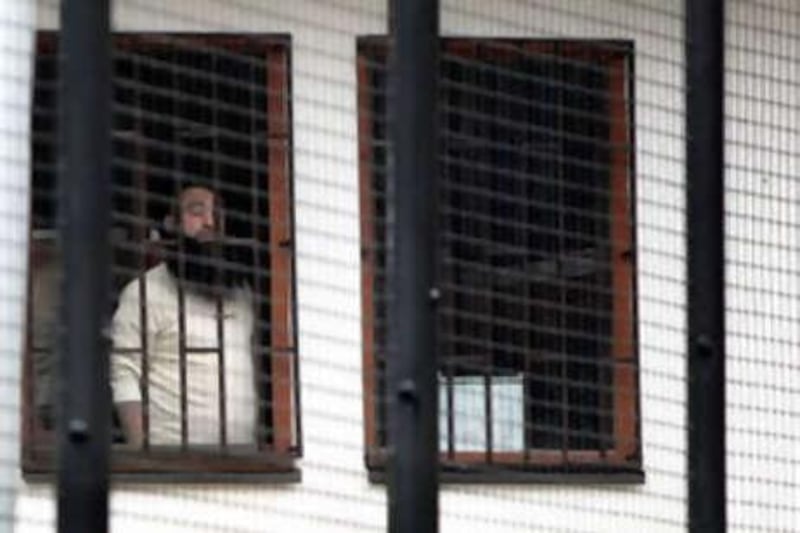SARAJEVO // The family of Imad al Husin huddle past a security checkpoint outside the Lukavica immigrant detention centre, where he has been held for the past two months, for a rare visit. The crisp new facility, paid for with EU funds, looks incongruous in the grimy valley. The road leading to it is not paved and had turned to mud in the winter rain. Mr al Husin's family, dressed in conservative Wahhabi garb, is also an odd sight in Bosnia. His wife is completely covered in an all-black niqaab and his daughters wear hijabs.
But then, Mr al Husin, who is commonly known as Abu Hamza, is no ordinary illegal immigrant awaiting deportation. He is a Syrian national who moved to the former Yugoslavia in 1983, when he was 18 years old. His wife and six children are all Bosnian citizens. He was too, until his citizenship was revoked in 2001. Because Mr al Husin is a Wahhabi, he has been accused of being a national security threat, a charge that allows the state to conceal the allegations against him.
"They use the term 'national security threat' as an excuse to work outside the law," Mr al Husin's daughter, Nudzejma, 22, said. "He hasn't broken any laws or even done anything except keep true to his beliefs." Wahhabism is a relatively new import in Bosnia, only gaining traction when foreign combatants flooded the country in support of Bosnian Muslims during the 1992-1995 war. Several thousand mujahideen, mainly from the Middle East and North Africa, took part in the fighting. Mr al Husin, who had been studying in Zagreb before the war, was one of them.
During the first year of the war, Mr al Husin met and married Adreja, and adopted her three children from a previous marriage, including Nudzejma. It is estimated there are about 1,500 mujahideen, who, like Mr al Husin, married locals and received Bosnian citizenship. This allowed them to evade a provision in the Dayton Peace Accords that required foreign fighters to leave. But their reception in Bosnia has been tepid.






